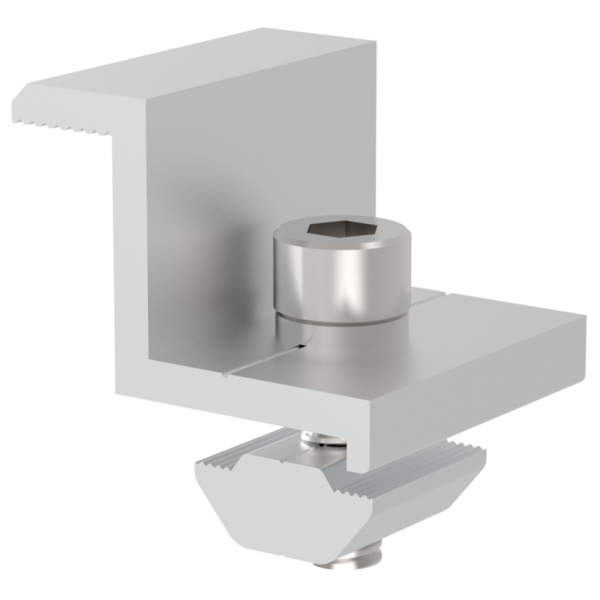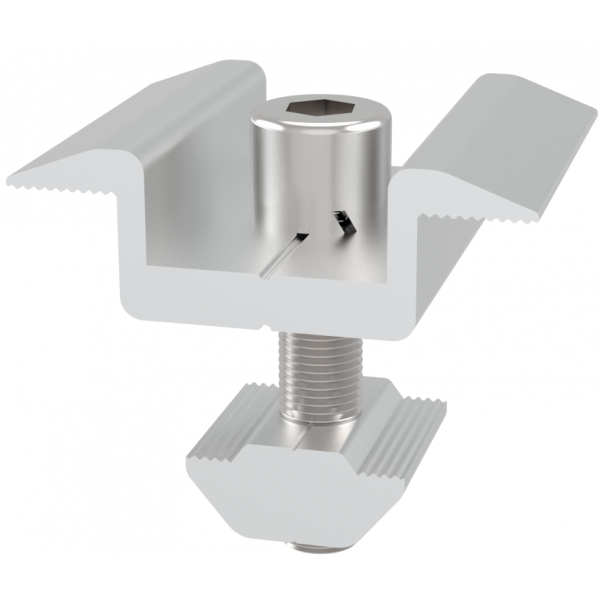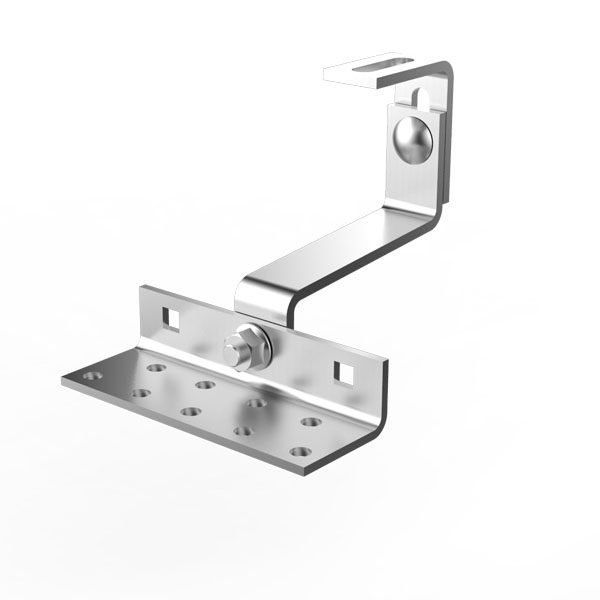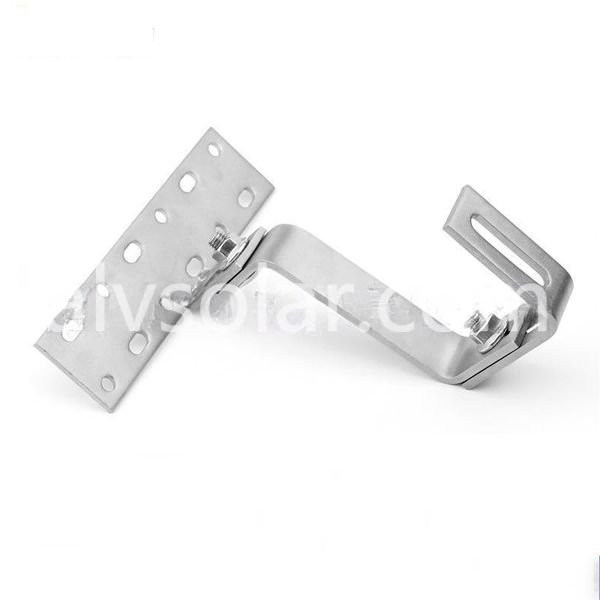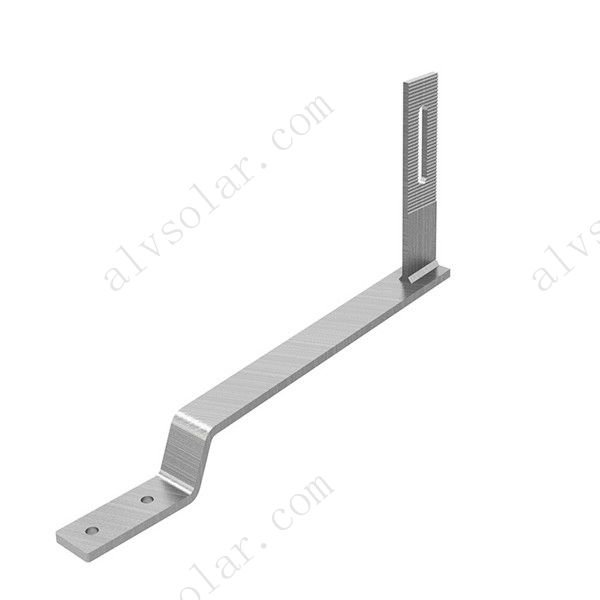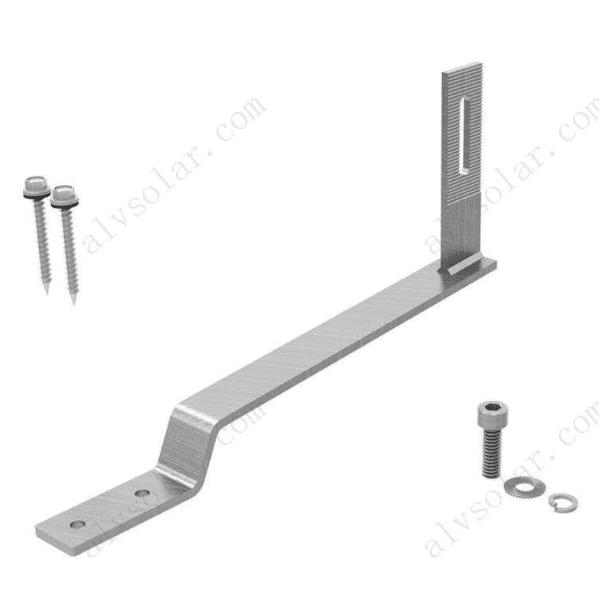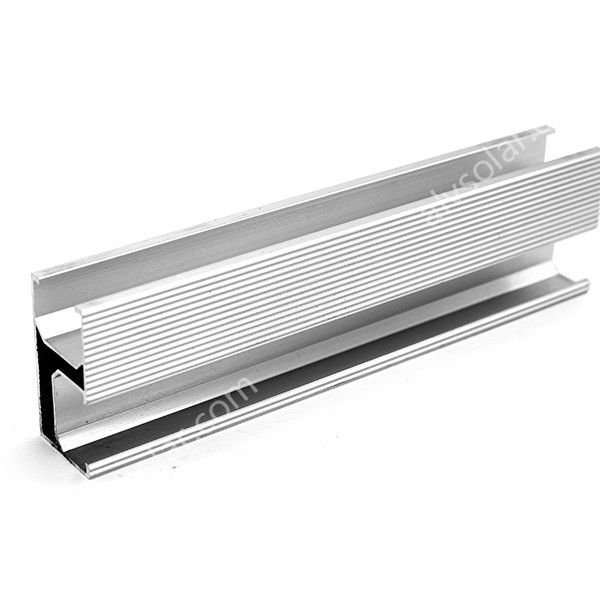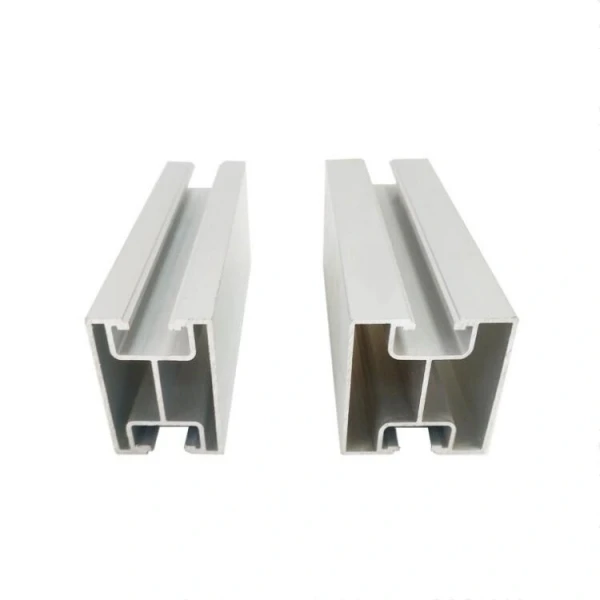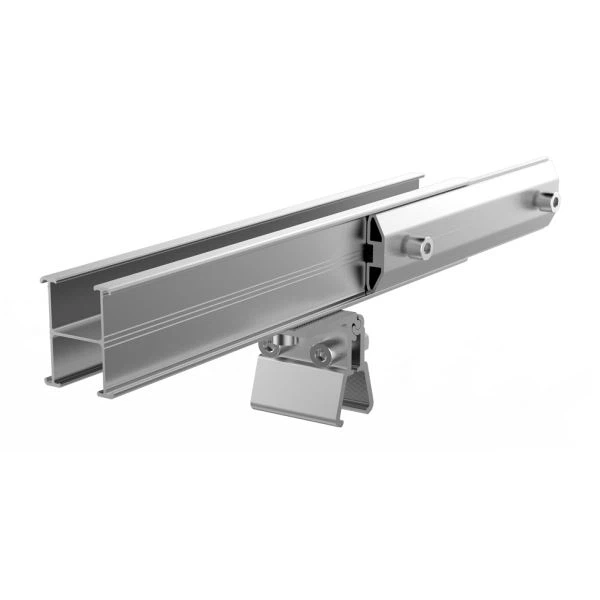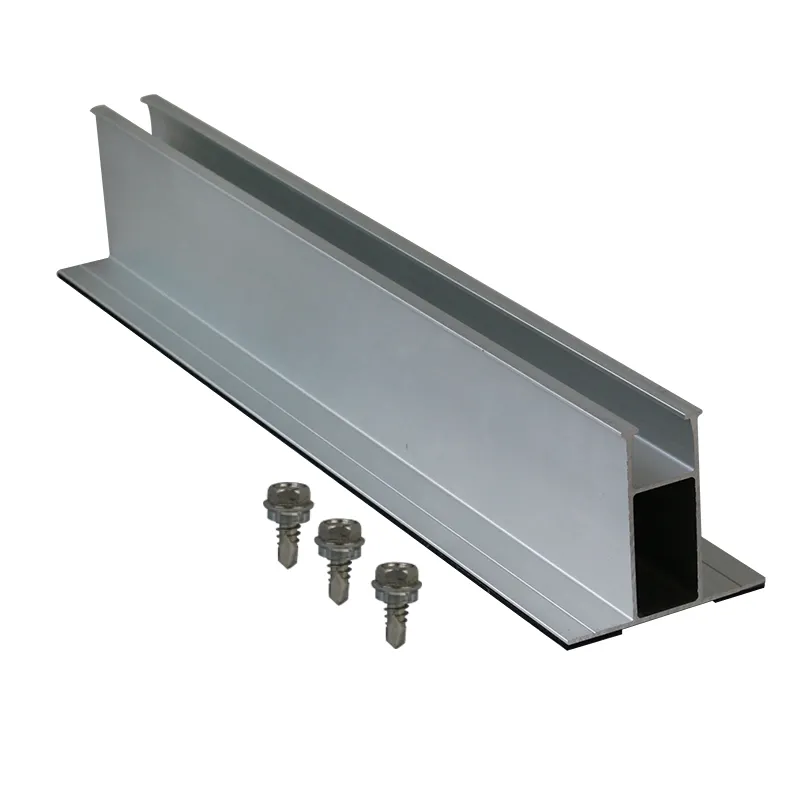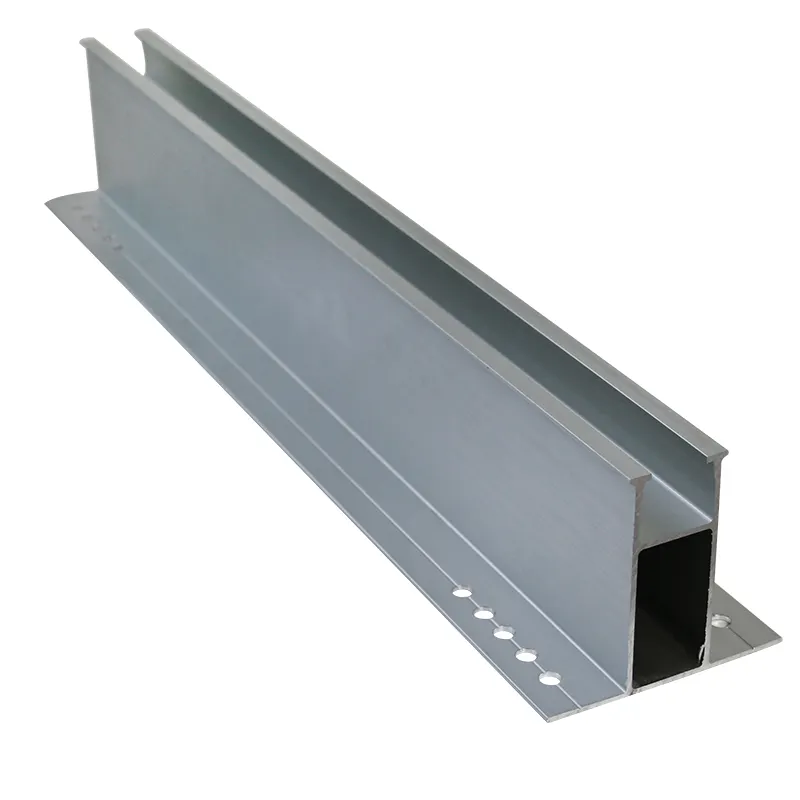Qu'est-ce qui rend un système de montage « rapide à installer » ? – Design Insights
In solar projects, time is money — and a lot of it. Whether you’re installing a small rooftop system or a large solar farm, one of the biggest hidden costs is labor time. That’s why more and more installers, EPCs, and developers are looking for quick-to-install solar mounting systems. A system that can shave hours — or even days — off the job can mean higher profits, faster turnaround, and fewer errors.But what exactly makes a mounting system fast to install? Is it just about using fewer bolts? Or are there deeper design factors involved?
In this blog, we’ll break down the key design features and engineering insights that make a solar mounting system truly fast and efficient to install — without compromising safety or long-term reliability.
The Importance of Fast Installation in Solar Projects
Before diving into the design, let’s understand why installation speed matters so much:
1. Labor Costs Are Rising
In many countries, labor can account for up to 30% of the total solar system cost. Reducing installation time directly reduces costs, especially in high-wage regions.
2. Tight Project Deadlines
Large commercial and government projects often come with strict timelines. A delay in mounting means a delay in wiring, inspection, and commissioning.
3. Skilled Labor Shortages
In emerging markets, there's often a shortage of trained solar installers. A system that is simple and intuitive reduces the need for expert labor.
4. Weather Windows
In some locations, installers may only have short windows of time due to rain, snow, or extreme heat. Quick installation systems allow more work to be completed safely within limited timeframes.
A well-designed solar mounting system addresses all these challenges through smart engineering — and that brings us to the core question: what makes a system "quick to install"?
Key Features That Make a Mounting System Quick to Install
Not all mounting systems are created equal. Some are bulky, complex, or require on-site modifications. Others are designed with speed and simplicity in mind. Let’s look at the top five design features that define a fast-install solar structure:
1. Pre-Assembled Components
One of the biggest time-saving elements is using pre-assembled parts. This means:
Rails already cut to length
Brackets with pre-installed bolts
Clamps that don’t require washers or separate pieces
Legs or triangle supports that come as single units
This reduces the number of steps needed on-site. Workers don’t need to hunt for hardware or follow complicated diagrams — they simply unpack and install.
2. Click-In or Snap-Fit Connections
Modern racking systems use smart connection designs such as:
Click-in rails
Snap-fit mid clamps
Push-and-turn locking bolts
These eliminate the need for wrenches, torque settings, or time-consuming alignment. Click-in components align themselves et lock securely, minimizing installation errors and improving safety.
This is especially helpful on sloped roofs or remote areas where installer movement is limited.
3. Modular and Repetitive Design
A modular design means the same parts can be used again and again:
Same rails for different rows
Universal clamps for different panel brands
Standard brackets for various roof types
This reduces the number of SKUs you need to stock, simplifies training for new staff, and ensures faster repetition on-site.
For example, if you’re installing a 200 kW system with 400 modules, and all rows use the same 3 components, you’ll move much faster than if every section has different bolts or angles.
4. Integrated Grounding or Fewer Tools Required
Some systems integrate automatic grounding into the clamps, removing the need for separate copper wires and bonding washers. Others use single-tool installation, where one hex key or torque wrench can complete the full structure.
This saves time on both:
Mechanical installation
Electrical grounding and inspection
And fewer tools also means less risk of missing hardware, injuries, or damage to components.
5. Clear Installation Manuals and CAD Drawings
Even the best system won’t install quickly if your team can’t understand it. A supplier should offer:
Simple, step-by-step manuals
Exploded-view drawings
Video guides
On-call support if questions arise
Better documentation helps reduce errors, misalignment, and rework — all of which cost time and money.
À Xiamen Al Import & Export Co., Ltd., we provide full technical support packages for every project.
Final Thoughts: Speed Is a Design Strategy, Not Just a Bonus
A truly “quick-to-install” solar mounting system isn’t built by chance. It’s the result of:
Smart design
Thoughtful engineering
Real-world installer feedback
Whether you’re working on rooftops, ground-mounted farms, or solar carports, saving time means saving money — and reducing the risk of mistakes or delays.
To recap:
Look for pre-assembled kits, click-in connections, et modular parts
Use suppliers that provide clear documentation and technical support
Always balance installation speed with safety and long-term reliability
If you’re planning your next solar project and want to install faster without cutting corners, reach out to Xiamen Al Import & Export Co., Ltd. today. Our quick-to-install mounting systems are designed to deliver efficiency, durability, and value from day one.
All Rights Reserved. Xiamen Al Import & Export Co., Ltd.

